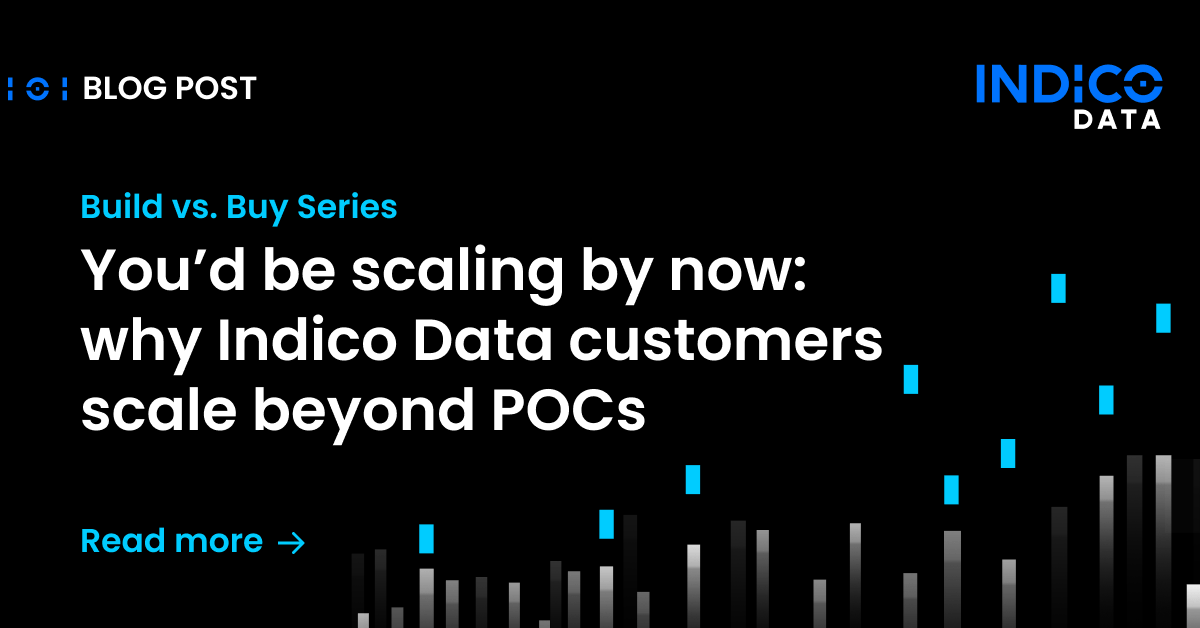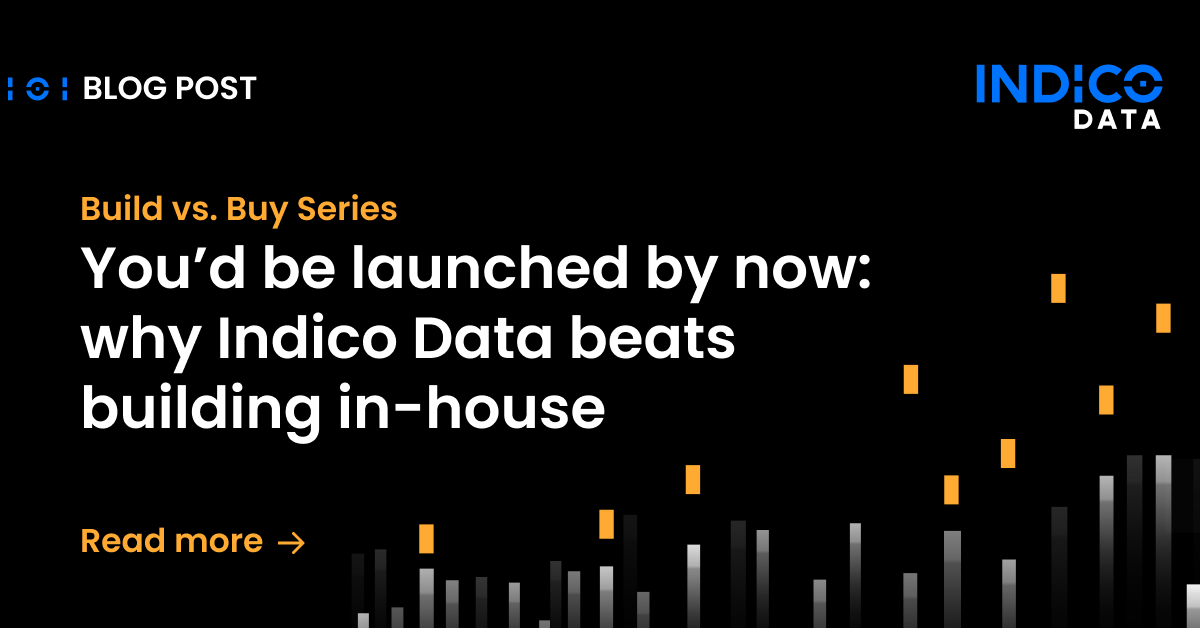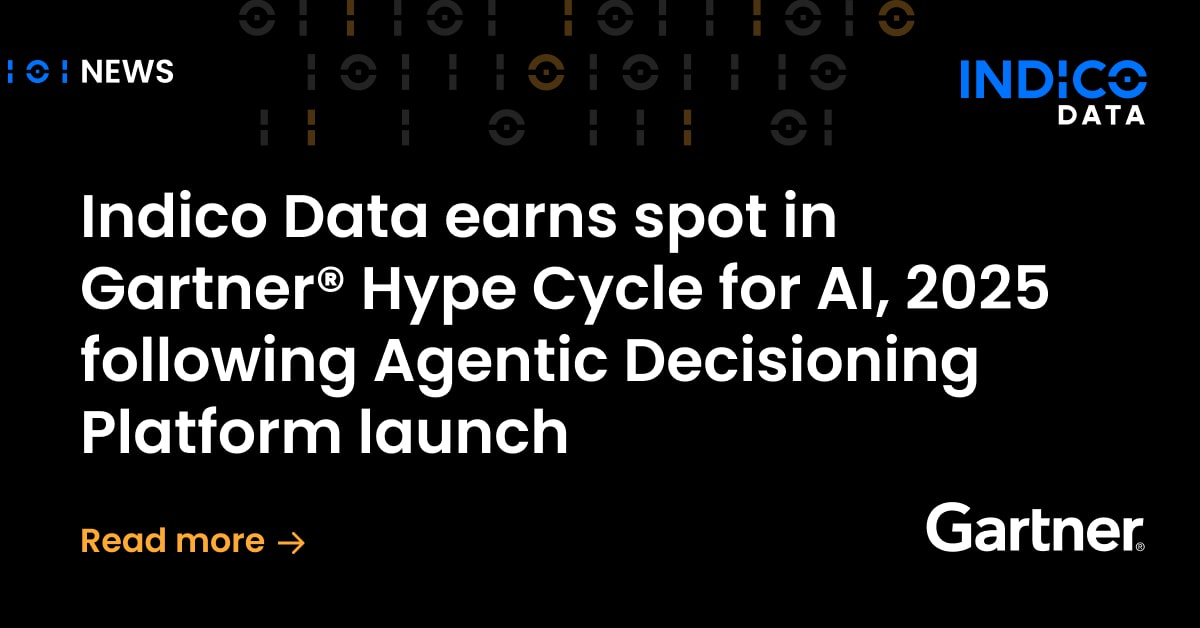It’s clear the insurance underwriting process is undergoing significant change, with technology playing a starring role, and for good reasons. Insurers need to automate the underwriting process in order to keep quote ratios healthy, while taking advantage of new data sources at their disposal.
Deloitte wrote about the underwriting automation issue some time ago, in a piece with a subtitle that summed up the subject well: “Leveraging a convergence of data, technology, and human capital to transform underwriting in insurance.” As is so often the case with forward-looking articles from high-profile analyst firms, it took a while, but the issues Deloitte raised nearly 2 years ago are now coming front and center as insurers undergo underwriting transformation.
In a survey of some 200 insurance executives, Deloitte asked what alterations they needed to make to the underwriting process to stay resilient and set the stage for future growth. Technology was at the core of their top three responses:
- Increase automation
- Add alternative data sources
- Increase use of artificial intelligence
Let’s look at each of those in turn.
Related content: Underwriting Automation for Insurance Providers
Increase automation in insurance underwriting
Traditionally insurance underwriting has been a highly manual affair. Look no further than the broker submission process, where associates must read each submission email and all attachments. They need to categorize the request (new business or renewal, product line, etc.), unpack attachments into their individual components, and extract key data from all of them for input into downstream processing systems such as Duck Creek and Guidewire.
It’s no wonder insurance companies are reporting some 60% of submission requests never get reviewed, making for a woeful quote ratio.
Today there’s a better option: an intelligent intake platform can “read” emails and attachments on behalf of your associates. It’s a relatively simple matter to train automation models on what to look for in submission emails and documents, enabling them to extract key data for input to the downstream underwriting systems.
It’s unlikely you’ll find a model that can deal with each and every submission (and you should be wary of any vendor who tells you otherwise). But it’s not unreasonable for an intelligent intake platform to automate processing of some 70% of all insurance document submissions. That translates to a more efficient underwriting process, far less underwriting leakage, and much faster response times to customers.
Related content: How partnerships help drive underwriting transformation and automate the insurance submission process
Add alternative data sources to underwriting
Data is being produced at astounding rates across the globe, from numerous sources.
Individuals wearing smart devices collect health data on themselves that may well be of interest to life insurance companies.
Changes in climate patterns mean relying on historical data may no longer be adequate; underwriters will have to include predictive models as well. “Liberty Mutual, for example, has collaborated with Jupiter, an InsurTech that offers weather and climate analytics, to leverage its data and analytics, in an effort to better meet the risk management needs of commercial insurance clients,” the Deloitte article notes.
Automobiles are now outfitted with all sorts of sensors that produce clues on driving habits, data that is highly relevant to auto insurers (and for which some already offer discounts). The same goes for factory floors, with machines now producing reams of data on their own status.
The list goes on and on. Used effectively, all of this data can help inform underwriting decisions to reduce risk and loss ratios.
Related content: How to automate the insurance submissions intake process and drive new premium growth
Increase use of artificial intelligence in underwriting
Artificial intelligence (AI) can play a role in both of the above areas and more.
With respect to alternative data sources, applying AI tools can help insurance companies more quickly home in on which data really matters and what it means. Indeed, without AI, it would be difficult if not impossible for insurance companies to make much sense of the sea of data in front of them.
AI also plays a role in automating submission intake. AI technologies such as natural language processing and machine learning are crucial to the ability of intelligent intake platforms to read emails and documents much like humans do.
Cloud-based offerings can help bring all the technologies together, as the Deloitte article pointed out. “Supported by a user-friendly underwriting workbench, they offer a one-stop platform to access, merge, and generate insights from data drawn from multiple sources, which streamlines processes and boosts productivity.”
Indico Data offers a user-friendly intelligent intake platform that can help you automate the underwriting process, increase quote ratios, and reduce loss ratios. If making better use of technology is on your to-do list, schedule a demo to see how it works or contact us with any questions.


